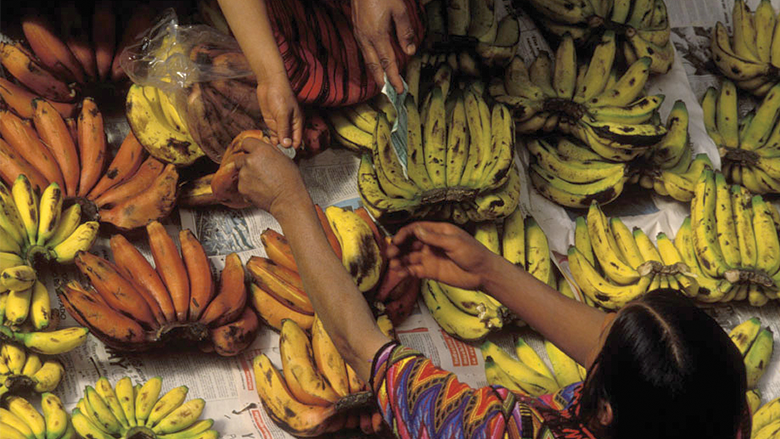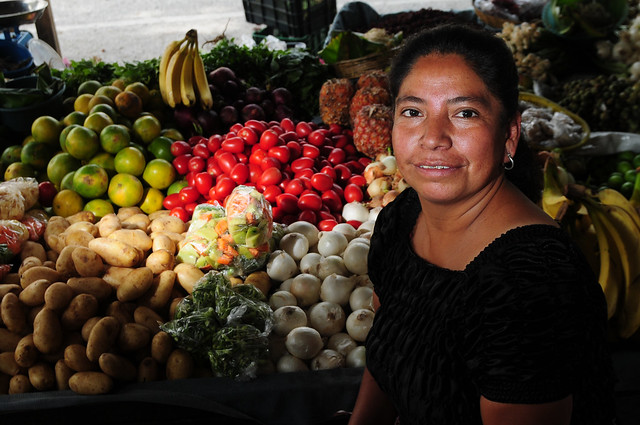Guatemala is a country of deep contrasts, known for its rich cultural heritage and geographic diversity, but also marked by persistent social and economic inequalities. Most of the population lives in rural areas and works in the informal sector, while a smaller urban population enjoys better living conditions and access to formal services. These disparities translate into long-standing inequality, limited state capacity to deliver quality public services, and low trust in institutions, factors that limit the progress toward more inclusive and sustainable growth.
The country faces several structural challenges, including high rates of chronic child malnutrition, low coverage and quality in education, and insufficient access to health services. The economy remains constrained by low productivity, high informality, and dependence on agriculture and low-value-added sectors. Employment is predominantly informal, with limited opportunities for upward mobility or social protection. Women, youth, and Indigenous peoples face additional barriers to participating fully in the labor market, and gender disparities in employment and social outcomes remain significant.
Guatemala is also highly vulnerable to natural disasters and environmental challenges, including frequent earthquakes, hurricanes, and droughts, which disproportionately affect the poorest communities. Environmental degradation, such as deforestation and soil erosion, worsens rural poverty and food insecurity.
By addressing these challenges, Guatemala can narrow inequality gaps. This will require investing in human capital, expanding the coverage and quality of public services, promoting a more dynamic and inclusive private sector, and strengthening resilience to climate and external shocks.
Last Updated: Oct 06, 2025

